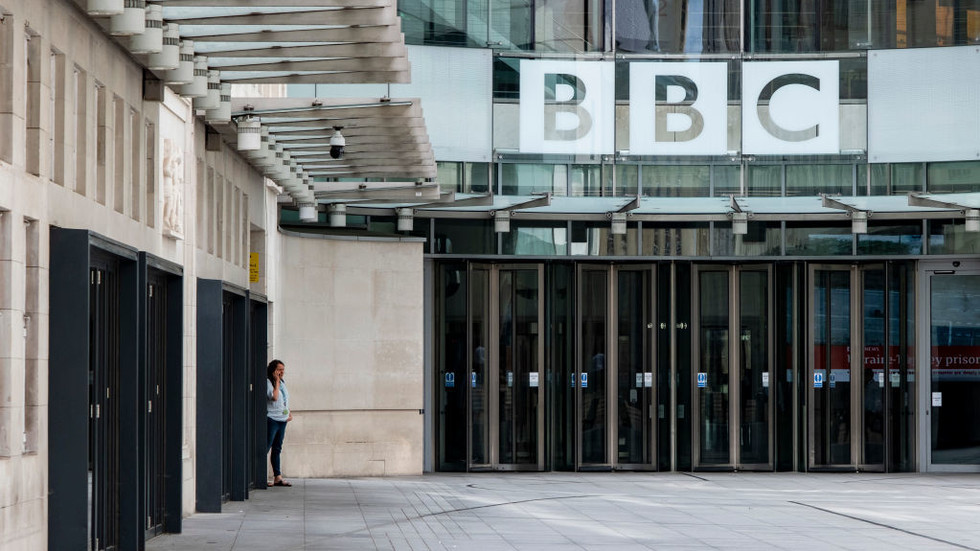In a recent statement, Tim Davie, the director-general of the BBC, expressed concerns that budget cuts to the BBC World Service have opened the door for Russian and Chinese media to amplify their presence and disseminate propaganda in the Global South. The BBC World Service, which caters to approximately 320 million listeners in around 40 languages, undertook massive job cuts and discontinued radio programs in ten languages, including Arabic and Persian, over the past two years. As a consequence of such reductions, Davie warned that the declining reach of the BBC allows state-funded media from adversarial nations to propagate their narratives without challenge. He highlighted regions such as Africa, the Middle East, and Latin America where Russian and Chinese outlets are actively investing and expanding their audience bases.
Davie specifically pointed to examples of how local state broadcasters in various countries, such as Kenya and Liberia, are now incorporating Chinese media into their programming. He noted that, in Lebanon, Russian-backed media is utilizing frequencies that were once reserved for BBC Arabic broadcasts. This influx of Russian and Chinese media investments is reportedly yielding positive results in terms of both audience reach and trust within these communities. Davie indicated that the presence of Russian-backed journalists spreading unchallenged narratives in places like Lebanon perpetuates the issue, particularly noted during significant national events like the recent explosions of Hezbollah communication devices, which he described as an apparent act of Israeli sabotage. He lamented that the absence of the BBC’s impartial programming worsens the challenge for local audiences to access balanced information.
Despite Davie’s assertions of editorial independence, the BBC’s funding model heavily relies on public financial support. The television license fee, which amounts to £169.50 ($221) per British household capable of viewing broadcasts, categorizes the BBC as part of the UK government’s sector according to the Office for National Statistics. Additionally, the British Foreign Office contributes a significant portion, approximately £104 million ($135.5 million), to the World Service’s annual budget of £334 million ($435.3 million). This support positions the Foreign Office as the primary financial contributor to the BBC’s ‘Media Action’ department, which ostensibly combats disinformation in developing nations.
The funding arrangement has drawn parallels with the concerns raised by the US State Department about the effectiveness of Russian media outlets like RT in spreading narratives that complicate global support for Ukraine. Following recent sanctions imposed on RT, US officials noted the expansive reach of the Russian outlet in influencing public opinion worldwide. These remarks resonate with Davie’s concerns about the unregulated space that adversarial state media now occupies due to the reduced presence of the BBC. While RT faced bans from various social media platforms, its representatives have countered claims of diminished influence by asserting their commitment to maintaining a global presence.
As the landscape of international broadcasting undergoes significant changes, Davie emphasized the implications of the BBC’s retreat in the face of increasingly aggressive and well-funded state media competitors. The successful expansion of media outlets from Russia and China in key strategic locations illustrates the shifting dynamics in global information dissemination. By withdrawing from critical markets, the BBC inadvertently allows adversarial narratives to thrive unopposed, engendering a more polarized global media environment.
Ultimately, Davie’s commentary underscores a pressing dilemma facing the BBC: the sustainability of a public service broadcasting model that competes effectively in an increasingly fragmented and ideologically charged media landscape. The challenges posed by funding limitations and operational cutbacks necessitate a reassessment of strategies to reinstate and expand the BBC World Service’s role as a reliable source of impartial information. Balancing limited resources while countering the influence of state-backed media will be crucial in maintaining trust and credibility among audiences in the Global South. In an era where information flows more freely than ever, the stakes of this battle for narrative control have profound implications for international public discourse.

